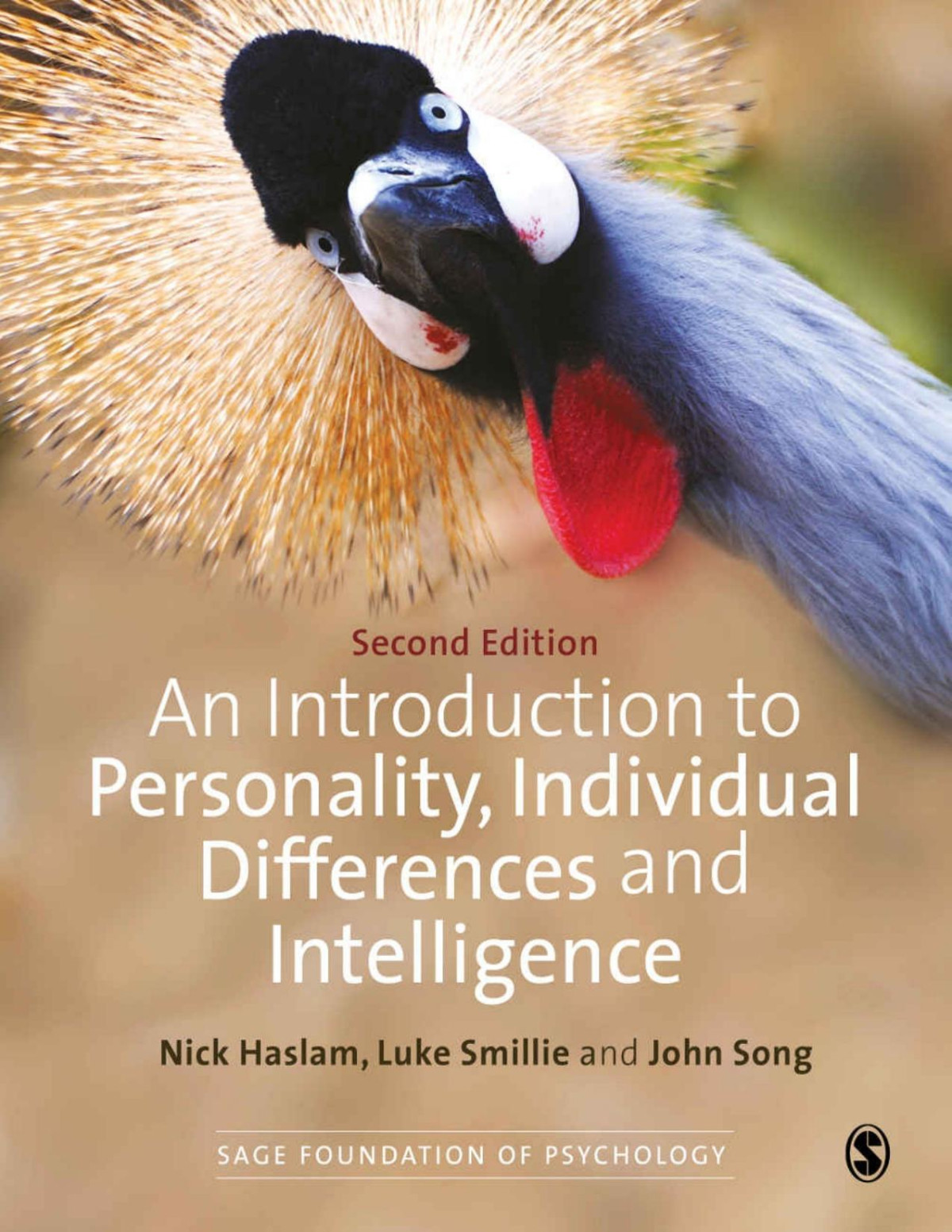

Most ebook files are in PDF format, so you can easily read them using various software such as Foxit Reader or directly on the Google Chrome browser.
Some ebook files are released by publishers in other formats such as .awz, .mobi, .epub, .fb2, etc. You may need to install specific software to read these formats on mobile/PC, such as Calibre.
Please read the tutorial at this link: https://ebookbell.com/faq
We offer FREE conversion to the popular formats you request; however, this may take some time. Therefore, right after payment, please email us, and we will try to provide the service as quickly as possible.
For some exceptional file formats or broken links (if any), please refrain from opening any disputes. Instead, email us first, and we will try to assist within a maximum of 6 hours.
EbookBell Team

4.1
60 reviewsThis book is not like other books. It differs from them in its subject matter, its length, its shape, its price, its publisher, and in many other ways as well. At the same time, this book is just like other books. It is something that is meant to be read, that aims to inform, that is published and that might be found in libraries. It is a unique individual, but it is also an example of a general kind of thing.
The same goes for people, of course. Each of us is a unique individual, different from everyone else. But each of us is also a member of humankind who has the shared characteristics of our species; what might be called our human nature. This book is all about that duality, exploring how humans differ psychologically from one another and what these differences tell us about our shared human nature. It examines what psychologists call ‘individual differences’ – the ways in which people vary in personality and mental abilities – and how psychologists have developed scientific generalizations about this kind of human diversity.
The psychology of individual differences is fascinating and fundamental. Capturing the richness of human psychological variation and individuality is very challenging, and psychologists have developed many ways of describing these differences. They have also developed numerous theories to explain these differences, invoking factors as diverse as genes, brain systems, cultural factors and early childhood experiences. They have applied an enormous variety of research methods to develop and test these theories, ranging from brain imaging studies to psychological biographies. And in the process they have come to very dissimilar visions of what it is to be human: what we have in common in the midst of all our differences